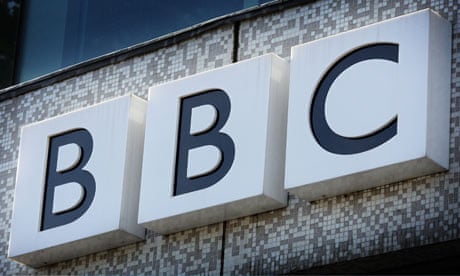The BBC is to resume broadcasts from Iran nearly 18 months after its correspondent was thrown out during the mass unrest that followed the country's disputed presidential election in 2009.
The move is being interpreted as a slight thaw in Iran's tense relations with Britain and the west, especially because the BBC is often attacked by Iranian hardliners as a propaganda arm of the UK government.
The first public sign of the relaxation came with a report by an Iranian employee of the BBC's Tehran bureau, published today. The bureau remained open even when its last correspondent, Jon Leyne, was expelled in June 2009.
Agreement was sealed in discreet talks with the BBC's world news editor, Jon Williams, in Tehran in late September.
BBC executives say they now expect a period of confidence-building and small steps after the prolonged breakdown of trust.
Leyne, a highly experienced correspondent, was even accused of organising the shooting of Neda Agha-Soltan, the young woman whose death live on camera during street protests became a symbol of Iranian state oppression across the world.
Leyne is to be replaced by James Reynolds, a former Beijing correspondent. Reynolds will not initially be based in Tehran, but is expected to make regular trips there to test the waters. In his absence, an Iranian BBC employee will be allowed to file radio and online reports.
In another unexpected sign of progress, Iran's minister of culture and Islamic guidance, Mohammad Hosseini, indicated on Monday that he would consider positively an application for a correspondent from the BBC's Persian TV (PTV) satellite channel.
The channel has been the target of unremitting hostility, including systematic jamming of its signals, since it began operating in January last year.
PTV staff said they were astonished by the announcement, and Iranian official media quickly denied that the minister had guaranteed allowing the channel to operate in Tehran.
"Any comment on PTV other than condemnation is positive," one BBC official said. Another said: "I'll believe in change when I see it, but there is a sense that things are softening."
Only a handful of foreign journalists have been allowed to visit Iran since the post-election crackdown, and then only for very brief stays for specific, official events. The few who are based in Tehran are subject to severe restrictions.
Iran has agreed to allow the Euronews satellite channel to open a bureau in Tehran after it launched a Persian-language service, competing with PTV and the Persian service of the Voice of America, at the end of last month.
There are also indications that the Saudi-owned al-Arabiyya TV channel will be allowed to resume working in Tehran after being ordered to close its bureau after the election.
